How would Gainesville's mayoral candidates increase access to affordable housing?
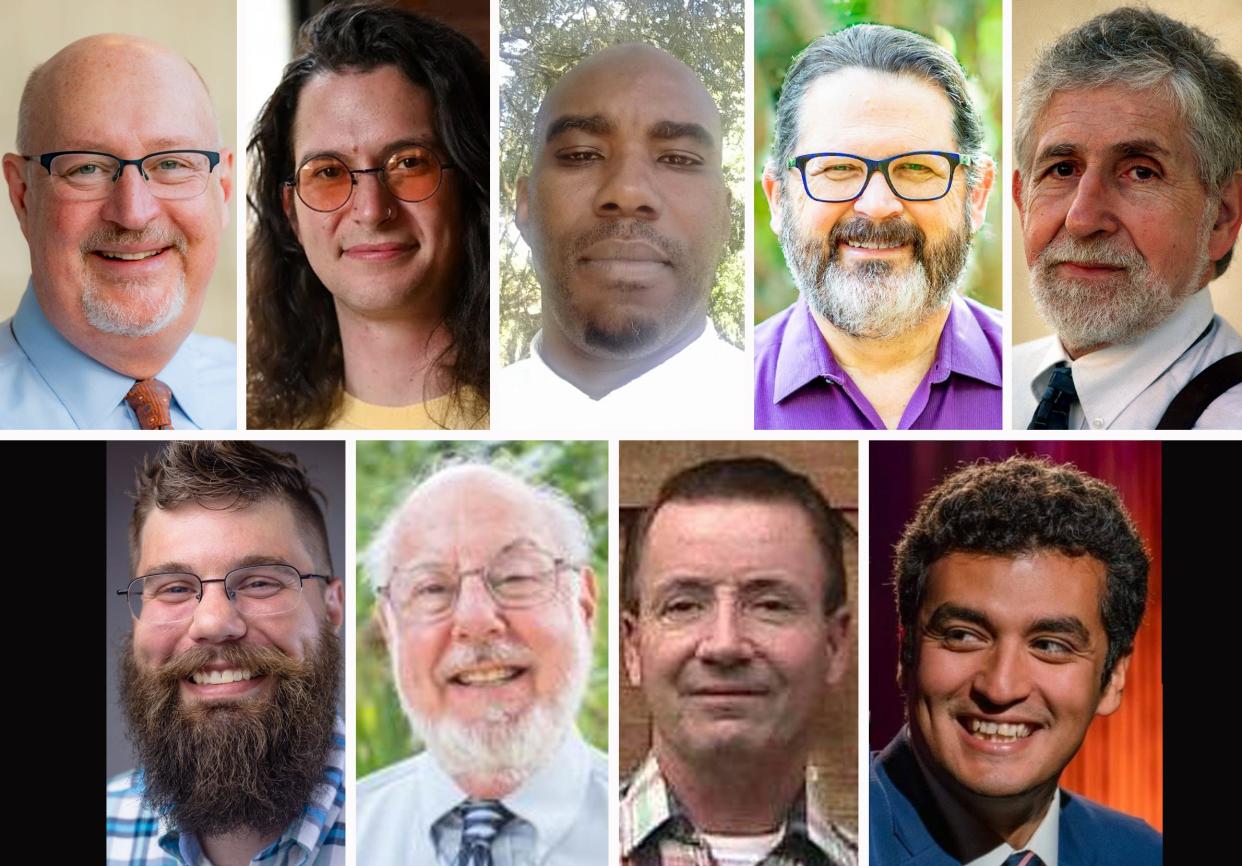
The Sun asked each of the candidates for Gainesville mayor to answer the following question in 200 words or fewer: What is the most effective way for the city to ensure residents have access to affordable housing? Their responses are listed below.
David Arreola
Our current housing rules were created to expand suburban sprawl — known as exclusionary zoning. By ending exclusionary zoning, we will be able to legalize more, smaller types of housing. I am advocating for a two-story limit on this infill and the creation of Complete Community Councils to promote public participation, facilitate communication and foster a sense of community for all people.

According to Gainesville’s recent Affordable Housing Strategic Report, even residents making between $35,000 to $49,000 can be cost-burdened renters, spending more than 30% of their income on rent. We need to increase the supply of permanent, mixed-income housing and lower rent — which recent, large-scale rental developments have failed to do. The city can mandate affordable housing in Gainesville through inclusionary zoning for all new large-scale developments.
This November, Gainesville has the opportunity to put a referendum on the ballot for a $50 million affordable housing bond. If approved by voters, the city can apply this funding to not-for-profit housing, rent-to-own programs, construction, acquisition, maintenance and management of housing dedicated for people with lower incomes.
We also must continue to increase highly successful investments toward housing the homeless, including shelter street outreach and rapid re-housing.
Edward Bielarski Jr.
The challenge with providing access to affordable housing to folks in Gainesville is there is a nationwide bull market in real estate. These market forces are not helpful to us. We will need to beat the market by avoiding playing the market.
First, we should tap into nonprofits and/or other governmental units that could eliminate the land component from a housing purchase. These entities would carry the land in a land trust, seeking a below-market return over a longer term than a traditional mortgage. It’s a modern take on a very old plan and it’s similar to how Baltimore used ground rents to get buyers into majestic three-story rowhomes throughout the city more than century ago.
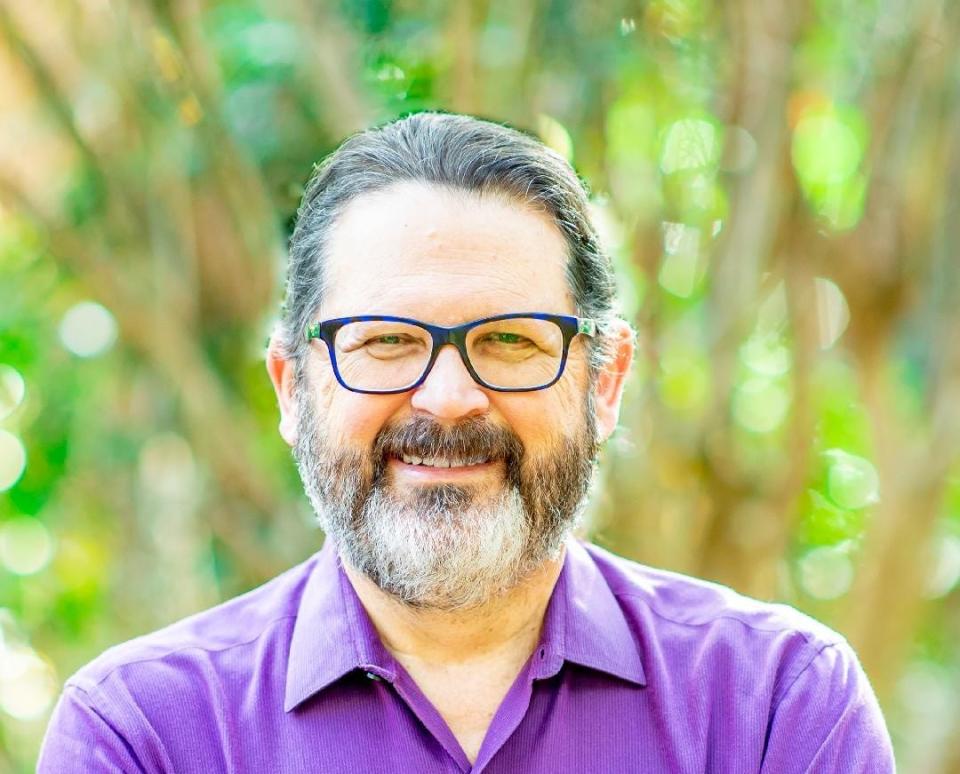
Other ideas include:
• Work to drive utility rates lower. Aside from the mortgage, it is the next highest housing cost.
• Partner with employers (including UF) on workforce housing developments.
• Encourage building dwellings that can grow as the family grows.
• Work to prudently reduce stringency of building codes.
• Stop the run on luxury student high rises. It crowds out resources for affordable housing.
• Learn from the Heartwood, St. Michael’s and Seminary Lane development mistakes.
• End the war on single-home neighborhoods.
Ansaun Fisher Sr.
The most effective way to ensure residents have access to affordable housing is to first understand that the waiting list of two years is too long of a wait for a family in need of housing. Most residents understand that it may take some time for the process to be completed, but the time it takes and the one phone call that you have to answer when your name moves up the housing list is unreasonable. I will create a fair waiting list for residents.
We should explain how much funding is available that the city has to offer at the time each resident applies. I'm in favor of providing more assistance for the elderly when it comes to dealing with long lines at housing authorities, which means more workers at the computers assisting residents in a timely manner.
The city should provide a one-step process for the elderly, veterans, individuals on the SSI program, homeless families, individuals who receive food stamps and parents who have children under the age of 14. At this current time, the phone or tablet awarded for individuals on food stamps has had more effective results than the affordable housing programs in the city of Gainesville.
Gary Gordon
Many programs already exist to help people with housing, as documented by Robert Mounts and by Interim City Manager Cynthia Curry in the Gainesville Sun on Sunday, June 5.
The proposals before the Plan Board and City Commission have been and are still dominated by the notion that the primary solution to Gainesville’s housing problem is to eliminate single-family zoning and single-family neighborhoods.
The argument is developers, with the city’s encouragement, must be allowed to build multi-story, multi-unit buildings throughout Gainesville, without occupancy limits. The carrot, a small one, is that a percentage, perhaps 10%, of the units in those buildings must be “affordable.”
That this would continue to destroy the character of Gainesville is not arguable. That it would solve or significantly contribute to solving the housing problem is entirely arguable.
There is disagreement about the need. Numbers as high as 16,000 have been presented. There is disagreement about what “affordable” means. If the number 16,000 is accurate, then 160,000 units would need to be built to achieve the goal.
Residents already live with many fears: COVID, inflation, crime and violence. To inflict on single-family neighborhoods citywide the fear their neighborhood could be inundated with multi-unit rentals is unconscionable.
Gabriel Hillel
The University of Florida is the elephant in the room of “affordable housing.” More than 50,000 students have to be accommodated each year in a community where racial and economic disparities abound. Unlawful racial steering doesn’t help.
Contrary to the false idea that UF and Gainesville are partners, the school’s historic white leadership makes sure its UF and UF Health people are accommodated comfortably first and foremost — away from East Gainesville. The rest of the people have to scramble on their own.
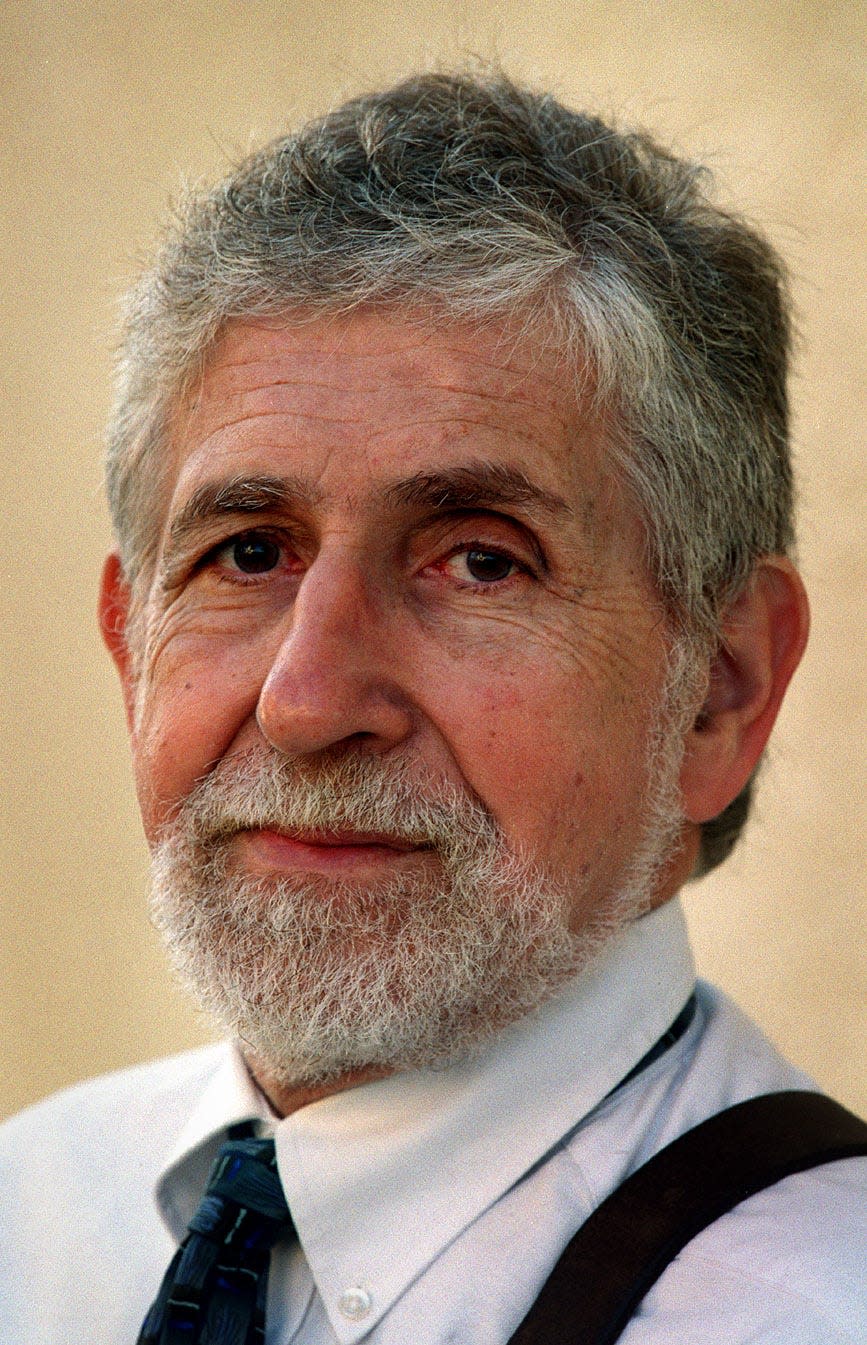
If the affordable housing myth were a reality, the simple experiment of 37 houses with several affordable housing units known as Heartwood would have been a success years ago. That site once accommodated 500 poor black people in Kennedy Homes, but our white Anglo Saxon Protestant leadership had no interest in its preservation or burdening any historically white neighborhood with public housing.
Whites, especially those whose families enjoyed the Jim Crow era here, 1900-1975/80, are unwilling to give up their advantage. NIMBYs abound. Only UF can change that dynamic by placing student housing dorms in East Gainesville, requiring students in their first two years to live there and providing necessary amenities — banks, food stores, movie complexes.
Adam Rosenthal
Like any issue, we must balance the path to affordable housing to help stave off the current problems and set up a foundation for continued success through diversified deliverables; this isn't a one-size-fits-all solution.
Promoting cooperative living and multi-family homes can lower entry costs for many individuals seeking a more intimate community. For the builders: new structures of traditional apartment complexes, tiny houses, or micro homes of modern design and upcycled materials will be more energy efficient, allowing lower upkeep and maintenance costs.

Similar to Franklin Delano Roosevelt's New Deal of 1933, we must create equitable solutions to bolster the community. We must develop support programs to help those in need and promote the entrepreneurial spirit; this will enable residents to become stewards of their homes on the path to ownership and not just residents under someone else's roof.
Growth for the sake of growth is the ideology of the cancer cell; intelligent and strategic growth for the love of our community will be our path to prosperity.
Donald Shepherd
When I become mayor, I will request my staff to compile a list of housing needs in our community. The public will be welcome to share their views also. I will assess the needs and come up with a plan to address and try to have available housing for all.
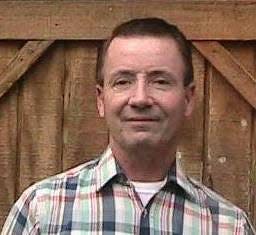
I plan to address the homeless needs for housing by providing mini homes. The homes will be subject to agreeable terms, such as maintaining the home, and the homes will be equipped with cameras for security.
I'm looking forward to serving our community.
July Thomas
As the housing crisis is complex and thus lacks a silver bullet, a collection of tools must be implemented to address it; tools that most of us in this race agree on. The one place I diverge is in calling out the role that rampant speculation is playing.
Investor purchases of single-family homes have nearly doubled nationally since the start of the pandemic, and are more exacerbated in cities with universities. For example, over 90% of the homes sold in the Fifth Avenue neighborhood last year were purchased not by individuals but by LLCs.

Investors create escalating bidding wars by offering all cash way over the asking price in droves that crowd out individuals who need a home. This also creates a rent gap within the neighborhood that drives up rent.
Any of the tools we seek to implement must be preceded by policy that seeks to limit investment activity and prioritize real families. Otherwise, we will continue building investment assets rather than homes. Or we can wait until the Fed raises rates enough that investors no longer borrow virtually for free and watch what happens to our city as home values drop.
Harvey Ward
There is a national crisis in housing availability and affordability, and our community is not immune. Despite the national scale of the crisis, we know we have to provide local answers.
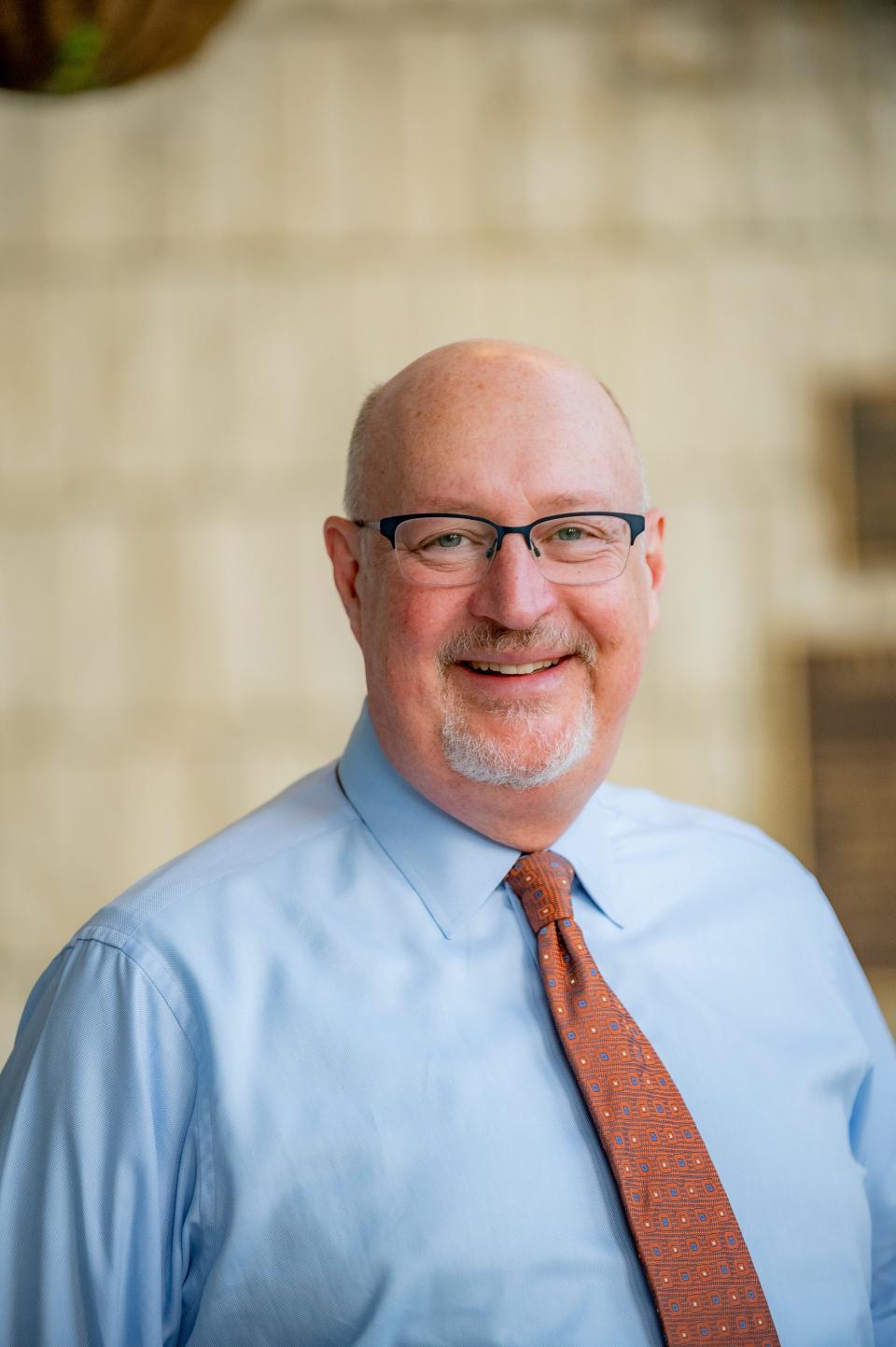
Through various funding channels, Gainesville will spend nearly $14 million on housing issues this year alone. We — you and I and all our neighbors — support everything from the most basic level of safe, healthy housing for our homeless neighbors to providing home down payments and legal services that strengthen families and neighborhoods to partnering with housing nonprofits that build new, affordable apartments, and many other housing programs in-between.
There is more we must do, including potentially creating a revolving loan fund for nonprofits to build affordable apartments, fully funding our new community land trust and considering overhauling GRU’s often unnecessarily expensive permitting processes. And yes, we should be open to very carefully changing zoning categories where they make sense in order to create appropriate housing opportunities.
There isn’t much space here, but I’ve written several housing articles for The Sun with more information. The message I hope you’ll take away today is that your city leadership hears you and we are working to meet local challenges with local solutions.
More opinions on housing
A list of other opinion pieces published in The Sun about housing in recent weeks can be found at https://bit.ly/sunhousingopinions.
Join the conversation
Share your opinions by sending a letter to the editor (up to 200 words) to letters@gainesville.com. Letters must include the writer's full name and city of residence. Additional guidelines for submitting letters and longer guest columns can be found at bit.ly/sunopinionguidelines.
Journalism matters. Your support matters.
Get a digital subscription to the Gainesville Sun. Includes must-see content on Gainesville.com and Gatorsports.com, breaking news and updates on all your devices, and access to the eEdition. Visit www.gainesville.com/subscribenow to sign up.
This article originally appeared on The Gainesville Sun: Gainesville's mayoral candidates offer opinions on affordable housing

